When I was a child in the 1950s in my parents’ Lunns for Buns Annerley cakeshop – on the southside of the Brisbane River – instead of doing homework I spent evenings over-hearing adult conversations among customers having dinner in our three alcoves.
This child soon gathered two bits of knowledge.
All the important and the rich lived on the other side, the northside of the serpentine Brisbane River; and we Catholics were looked down upon by both Anglicans and Protestants as some sort of lower caste.
That was why the non-Catholic boys would yell out “Catholics, Catholics sit on logs eating the bellies out of frogs” or “Catholics, Catholics sit like frogs in your Holy Water”.
It was our prim Convent uniforms that gave us away.
Unlike the State School Kids, who wore bare feet, we wore black shoes and long socks. Around our necks was a bobtail blue-and-gold tie, and Catholic holy medals (like the Miraculous Medal) and scapulars too: the brown one and the green. So we were easy to spot from a mile off.
Worse, we were vastly outnumbered.
So was I pleased to discover that the Premier of our state of Queensland, Mr Vince Gair, lived among us in a large house at 329 Annerley Road, Annerley ... and that, just like me, he was a Catholic who every Sunday morning attended Mass at our local huge red brick Mary Immaculate church which overlooked the whole of the southside of Brisbane.
The Lunn family rarely made it to Sunday morning Mass at Mary Immaculate: we slept in most Sundays because our shop was open till after midnight all week.
But, come late Sunday arvo, we’d be heading for the 6 o’clock Mass at the Cathedral in town, driving right past Premier Vince Gair’s house in our green Hillman Minx, and the six of us would wind the windows down and wave … as if we knew him.
Everyone in Annerley knew the place because the house name VINELL (for Vince and his wife Nell) was written on the front post. It was a large cream timber-and-tin Queensland house up on stumps on the left-hand side of the curvy road as you headed into town … just before Dutton Park cemetery where all the dead people went.
And soon I found out that Premier Gair’s son, Paul, was in the class below me at Annerley’s Mary Immaculate Convent where the four Lunn kids attended primary school: taught by the Sisters of Saint Joseph.
In our cakeshop at tea time in the early 1950s, the four kids would have our dinner in the alcoves with the customers – lonely bachelors left over from the World War.
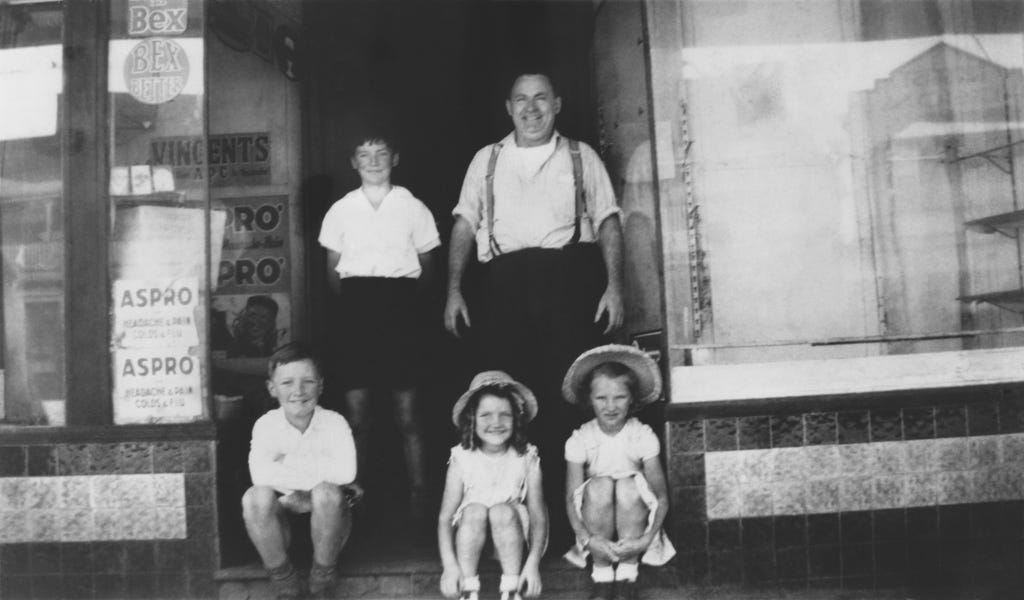
The bachelors came in most nights for a hot sit-down meal: our father Fred’s pie and peas, or his mouth-watering meat-and-veg pasties, or whichever roast dinner (with dumplings, or Yorkshire pudding) our mother Olive had made for the family.
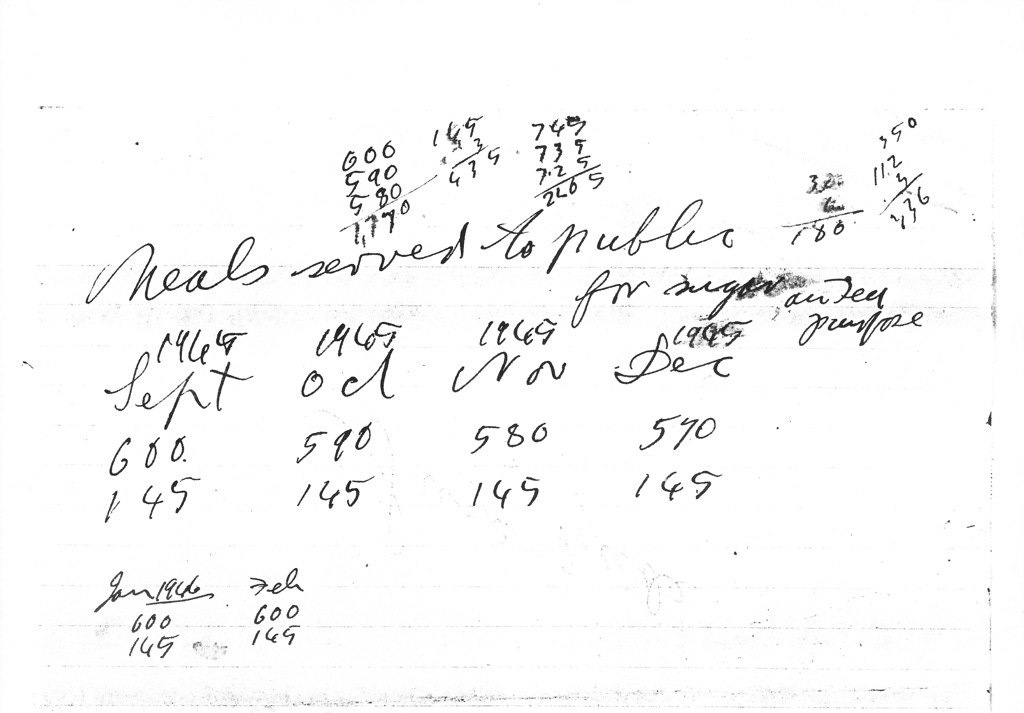
These solitary men had tried for six years to readjust to life, but it had somehow left them behind.
Like Mr Turner, whose foot had been blown off in the War and could never be replaced: so he wore a large oval-shaped piece of iron, like a curved horseshoe … made especially by Mr Bowers the Blacksmith, in the shop behind ours, for nothing. It worked OK, but made monstrously loud clomps on the timber floor every time Mr Turner, a big man, arrived.
It also seemed a bit too long.
Mr Turner lived in a one-room shed out the back of a shop a few doors away, so he didn’t have to clomp far for something good to eat.
Then there was Mr Clark, an Irishman who had served in the British Army and had a lot of medals.
He showed me the three bullet holes in his chest where the Germans got him.
But that wasn’t the worst thing that happened to him in the War. “Now you’re a good wee boy Hughie, so I don’t want to frighten you, but before we were transferred to Europe the UK government told us the Germans only had wooden tanks … so imagine the fright I got when twenty giant steel Panzers came thundering over the hill at me.”
And Mr Clark laughed and wheezed so much I thought he would choke.
The Cold War had just started and Mr Clark warned me that he had seen the Russian army in action and no one would be able to beat them in World War III. I found this upsetting. So to cheer me up, Mr Clark gave me a book of stories for children – Grimm’s Fairy Tales – but they were too scary for me. Despite this, Mr Clark would insist on reading them out to me at midnight in the alcoves while putting on creepy accents: “Witches have red eyes … but they cannot see far …”
Another customer was Mr Stewart, an Irish-American merchant seaman during the War who graduated from the alcoves to live on our verandah – because he had nowhere else to stay. He was our babysitter and taught chess to my big brother Jackie and me, and how to win at draughts … by always thinking three moves ahead.
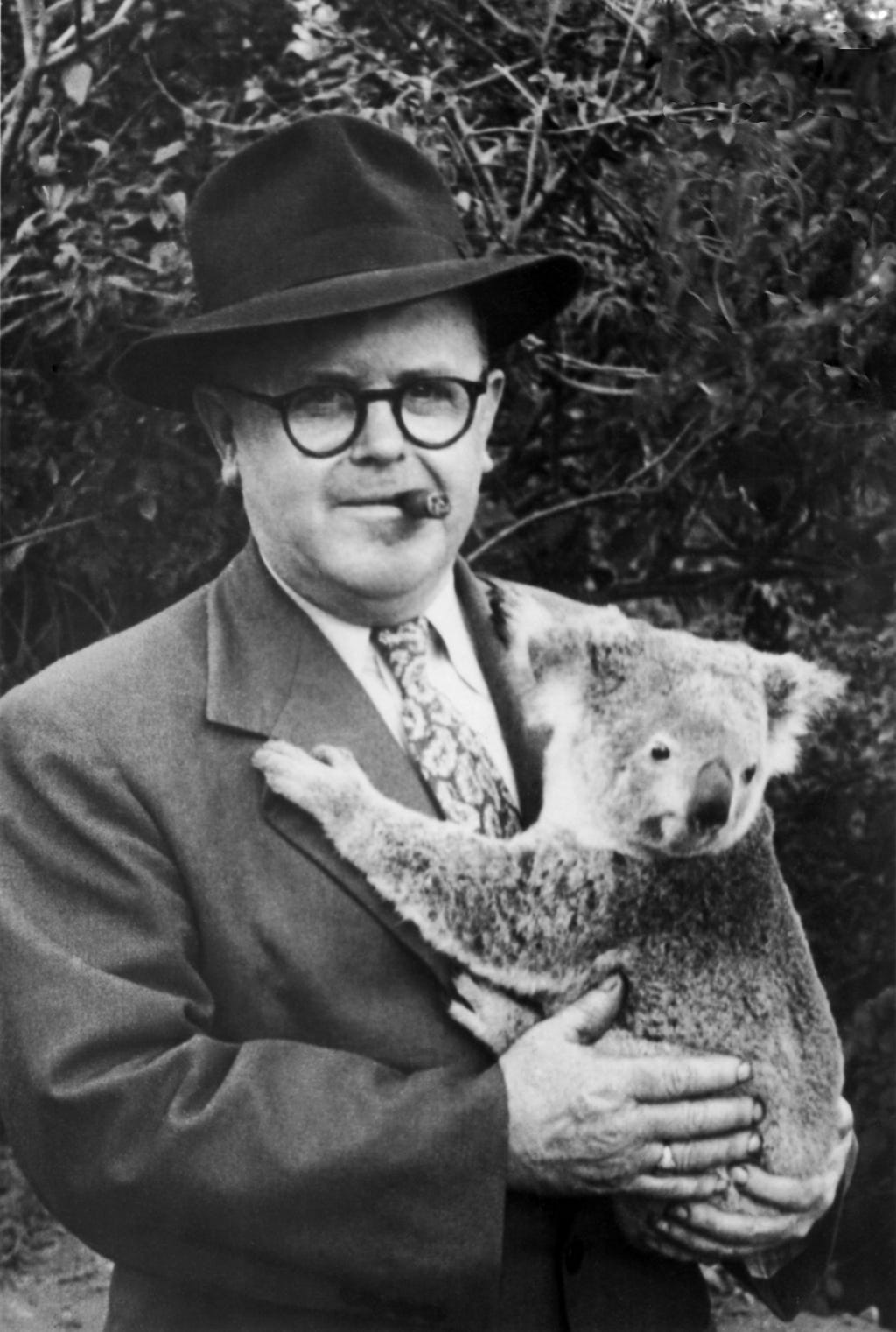
Mr Stewart was an expert on everything, including how to deploy submarine-destroying depth charges (to make sure they fly through the air away from your ship) and said they cost £500 each – and I thought a shilling was a lot of money!
For some reason Mr Turner never spoke at all … he just ate, paid, and clomped off into the night.
There was also a melancholy bachelor accountant, Joe Noonan, who came for dinner nearly every night but who could only accidentally tell a funny story. Like the time his younger bachelor brother Vince was in Annerley’s Mater Hospital. So Joe bought one of my father Fred’s delicious tall, round Date Rolls … saying Vince had especially requested one.
In fact, Joe said, Vince emphasised that he needed a large Date Roll as soon as possible. Fred was pleased to hear this as he was particularly proud of his Date Rolls, often telling me “they’re worth bottling”.
But Joe returned from the Mater with the Date Roll still in its brown paper bag and announced to everyone that his brother Vince had called him an idiot:
“You bloody galoot, Joe, I wanted you to bring me a roll of dunny paper!”
These men each helped me with my homework but, despite this, I was down the bottom of the class. Mr Clark was good at telling stories about arithmetic; Mr Stewart had sailed the world and so knew all about history and geography; and Joe Noonan helped me prepare for something called “a debate”.
The subject was “Compulsory Unionism” which meant nothing to anyone in my family. When I asked Fred – who was brought up in an orphanage in Western Australia – he said: “I stay away from isms and osims and so should you.”
But when I brought up the subject in the alcoves, Joe Noonan dropped his spoon into his trifle and leapt up, addressing the other customers like an orator:
“Imagine yourself in a row boat, and some of the other men refuse to take their turn to row! You would all perish at sea, die of starvation and of thirst, and be drowned … To reach the correct destination we all have to row together!”
Joe was so interested in isms and osims that in 1953 he stood for parliament in the state seat of South Brisbane.
To everyone’s surprise – since he was a Catholic who went to Mass and Confession and Communion and believed in workers’ rights – he stood as the “TRUE BLUE LIBERAL candidate” against our Catholic Labor Party Premier Vince Gair!
I couldn’t understand it. But Joe whispered in the alcoves what he was really up to: “I’m standing as the ‘TRUE BLUE LIBERAL’ to split the Liberal vote … to help ensure a Vince Gair victory.”
No wonder Fred would always tell customers: “I’m not getting involved in politics.” And why my mother Olive had a straightforward view: “Put the lion in and the tiger out.” (In other words, always vote against the government.)
Despite Fred’s advice I ended up getting involved in politics myself when Joe Noonan asked me to hand out how-to-vote cards for him on election day. So I found myself, age 12 – instead of going to the matinee flicks – wasting a whole precious Saturday standing in the sun handing out his TRUE BLUE cards: even though I knew it was all a big lie.
But it worked because Vince Gair retained his seat and remained Premier of Queensland.
This proved fortuitous for me because – after years of trying – I had been selected in the Mary Immaculate Convent rugby league team under our coach Sister Vincent, the head nun. My older brother Jackie and I were keen rugby league players – with our personal war cry of “tackle low” – because Olive had brought us up recounting famous Queensland rugby league victories over New South Wales.
Paul Gair also made that team, along with my Russian best friend Dimitri (Jim) Egoroff who wore a Cossack seal-skin cap instead of headgear.
I was very, very nervous as I hung my brother’s football boots by the laces around my neck, like an albatross, as we prepared for our first match miles and miles away in a suburb I’d never heard of against Corinda Convent. Would I survive? Would I play well? Would I be badly injured? How would we all get there and back?
Just then, the Premier, Mr Vince Gair, rolled up in a huge government Humber Super Snipe, and told our team to pile in, and he drove us to the match.
Twenty years later – after seven years overseas – I was back in Brisbane as a reporter on The Australian newspaper.
In those intervening two decades Australia had changed, but the Annerley Catholic Vince Gair was still attending Mass every Sunday at Mary Immaculate.
Gair thought his Australian Labor Party (ALP) had moved too far to the left, and so had formed his own tiny conservative party – which he called the Queensland Labor Party (QLP) – taking any intensely anti-Communist Catholics with him.
This split led to the ALP’s defeat in Queensland.
Because of this, Vince Gair was now on the outer, but managed to win a federal Senate seat in Canberra for his QLP … so he was now the leftover man from his revolution.
In 1974 the new federal ALP Prime Minister Gough Whitlam needed to win back Gair’s Senate seat if he were to gain the numbers needed to get legislation through. So Whitlam came up with a top-secret plan: offer Senator Gair a luxury overseas post he couldn’t possibly resist, Australian Ambassador to Dublin and The Vatican.
Without Vince Gair’s personal vote, his QLP Senate seat would return home to the ALP … giving Whitlam control of the Senate.
Joe Noonan was right – politics was never as it seemed.
As luck would have it, two days before the story broke of Whitlam’s shock clandestine move to change the Senate numbers, I just happened to ring Senator Gair at his Annerley Road home for a political chat. As the leader of the QLP – which was in league with the conservative Liberal Party-led coalition – how did he think the Liberal’s new Opposition Leader Billy Snedden was performing up against the suave, articulate Gough Whitlam?
“Hugh Lunn here, Senator,” I said when Gair answered his own phone (as politicians did back in the 1970s) “from The Australian newspaper.”
“Ah no!” Senator Gair replied enthusiastically. “You mean … Hughie Lunn from Mary Immaculate Convent!”
I was thrilled. Now that the Senator had remembered me so fondly, I was in a great position to get a story; and very soon he wasn’t letting me down. “That Snedden, Hughie,” Gair said, “he’s such a light-weight he wouldn’t make footprints in a cushion.”
My mind was racing.
Why was Gair attacking Snedden and not their mutual political enemy Gough Whitlam?
“Geez Senator,” I said in surprise, as I realised this was front-page news – and started saying: Are you thinking of voting with Whitlam in the Senate then?
But Gair stopped me.
“You know better than to blaspheme, Mr Lunn. To take the name of the Lord thy God in vain! You were taught better than that by the Josephite nuns and by the Christian Brothers. The Third Commandment: The Lord will not hold him guiltless! Goodbye sir!” … and he hung up in my ear.
I’d forgotten my schoolboy lessons: that Christians had once been stoned for breaking the Third Commandment, and that His name should not be used “in a manner that is worthless, or for the wrong purpose”.
I’d forgotten that even seemingly innocent words like “geez” and “gosh” and “golly” – used so as not to say “Jesus” or “God” – were once seen as the equivalent of showing disrespect to Him.
All of this didn’t seem to matter much, until two days later when the story broke of Gair’s secret political deal with Whitlam … making headlines around the world and around Australia.
Instead of interrupting the Senator when he was in full flight, I should have reverted to my childhood role in our cakeshop alcoves … and listened to the story this leftover man wanted to tell.


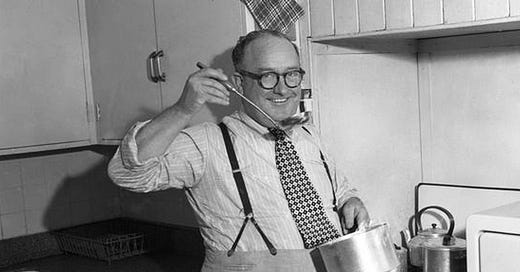


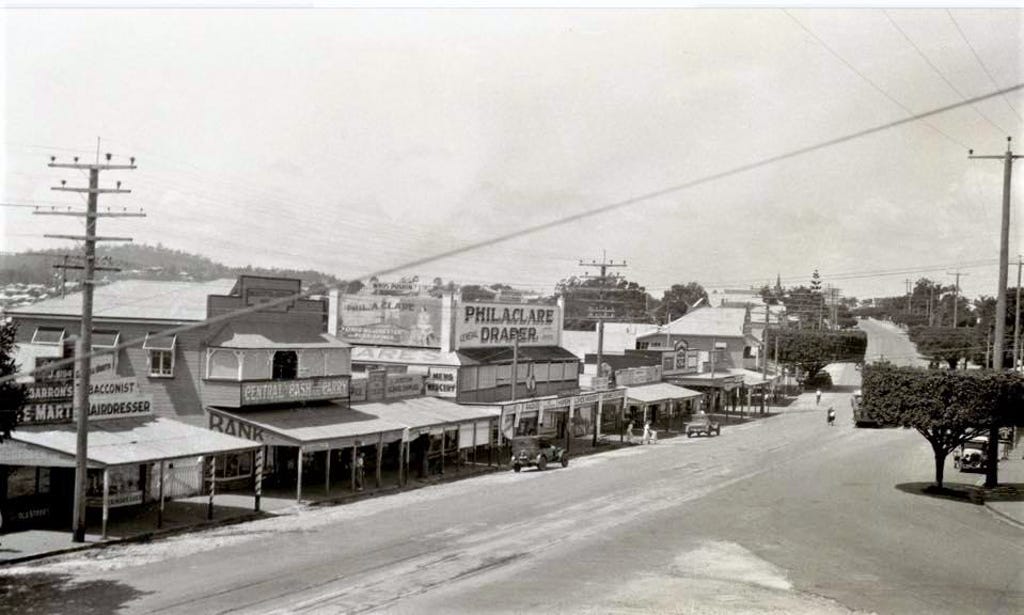
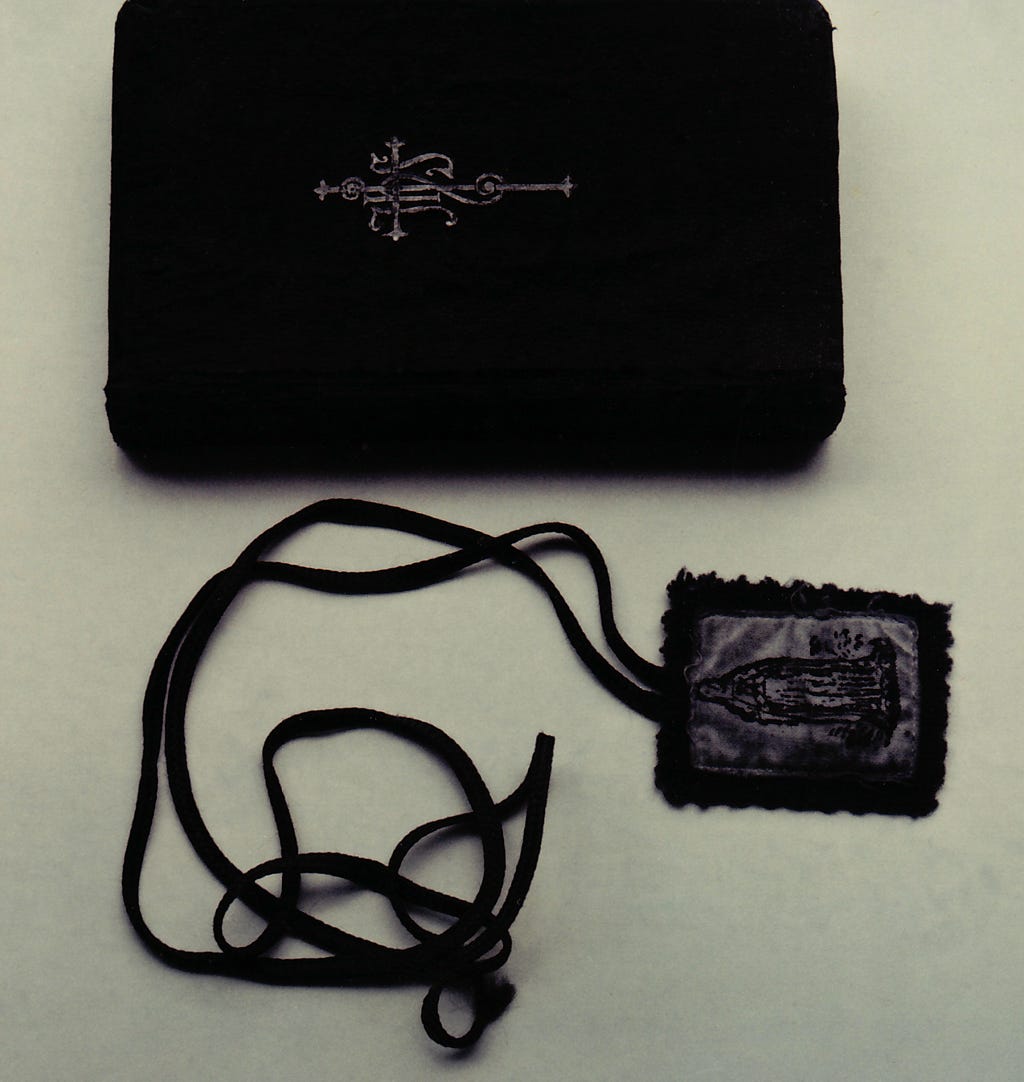
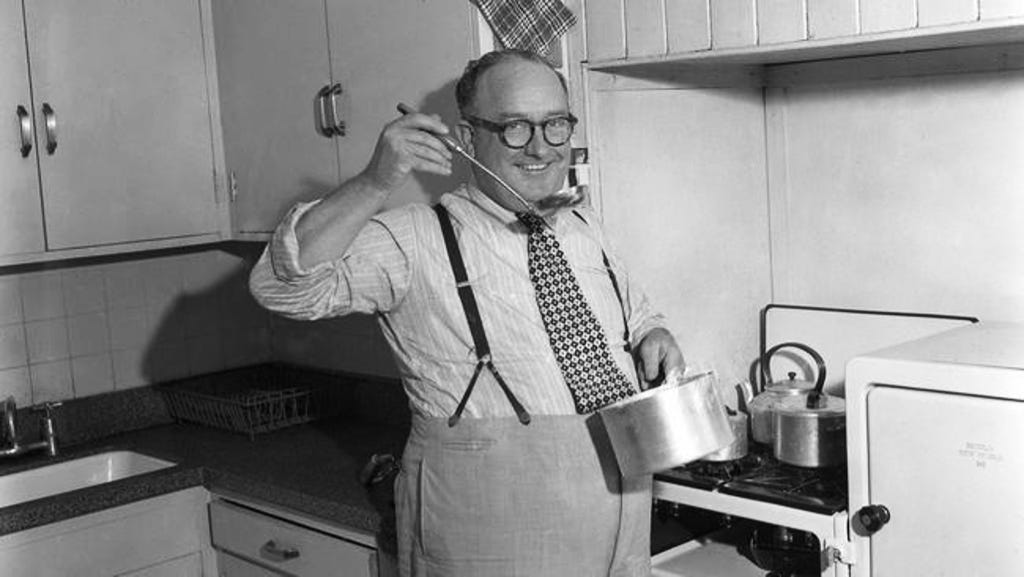
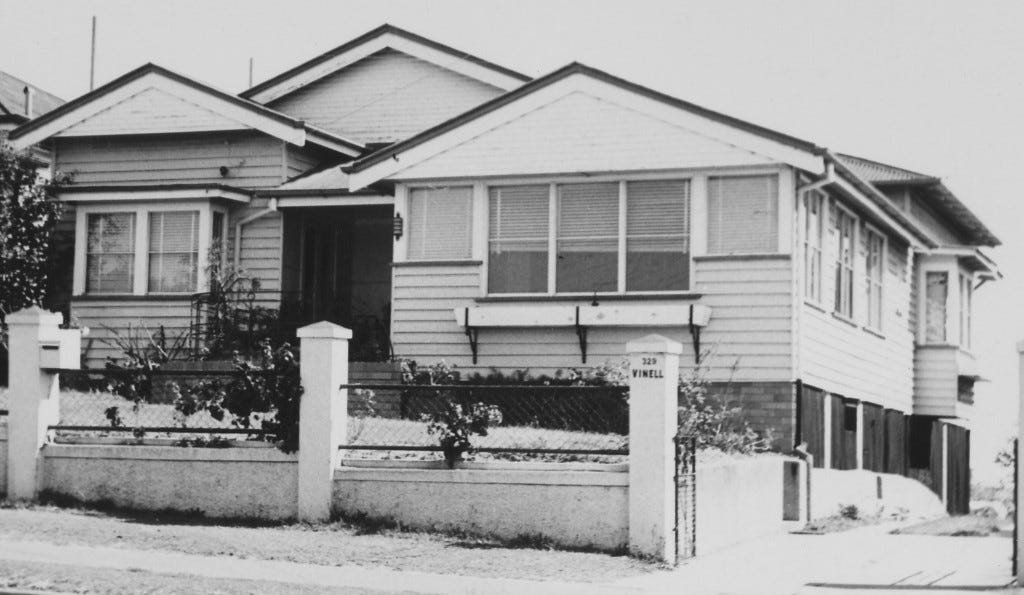
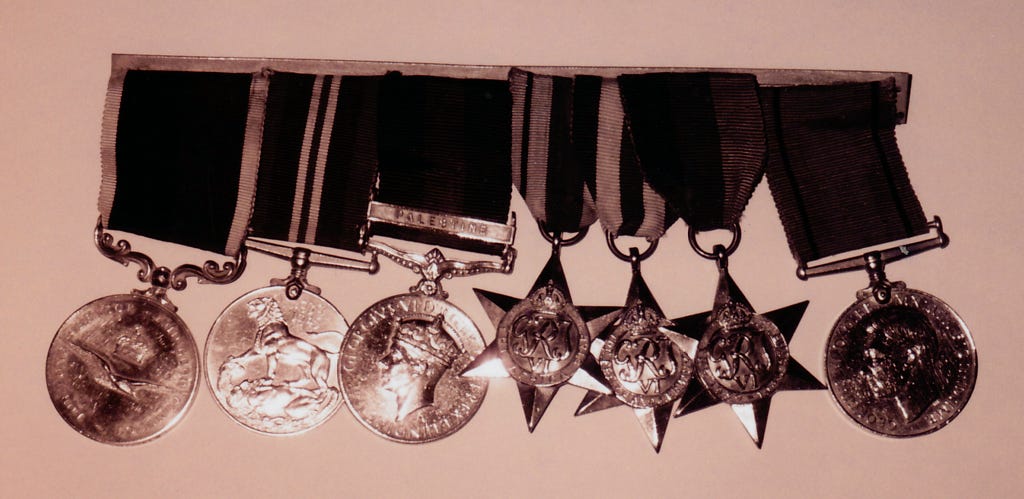
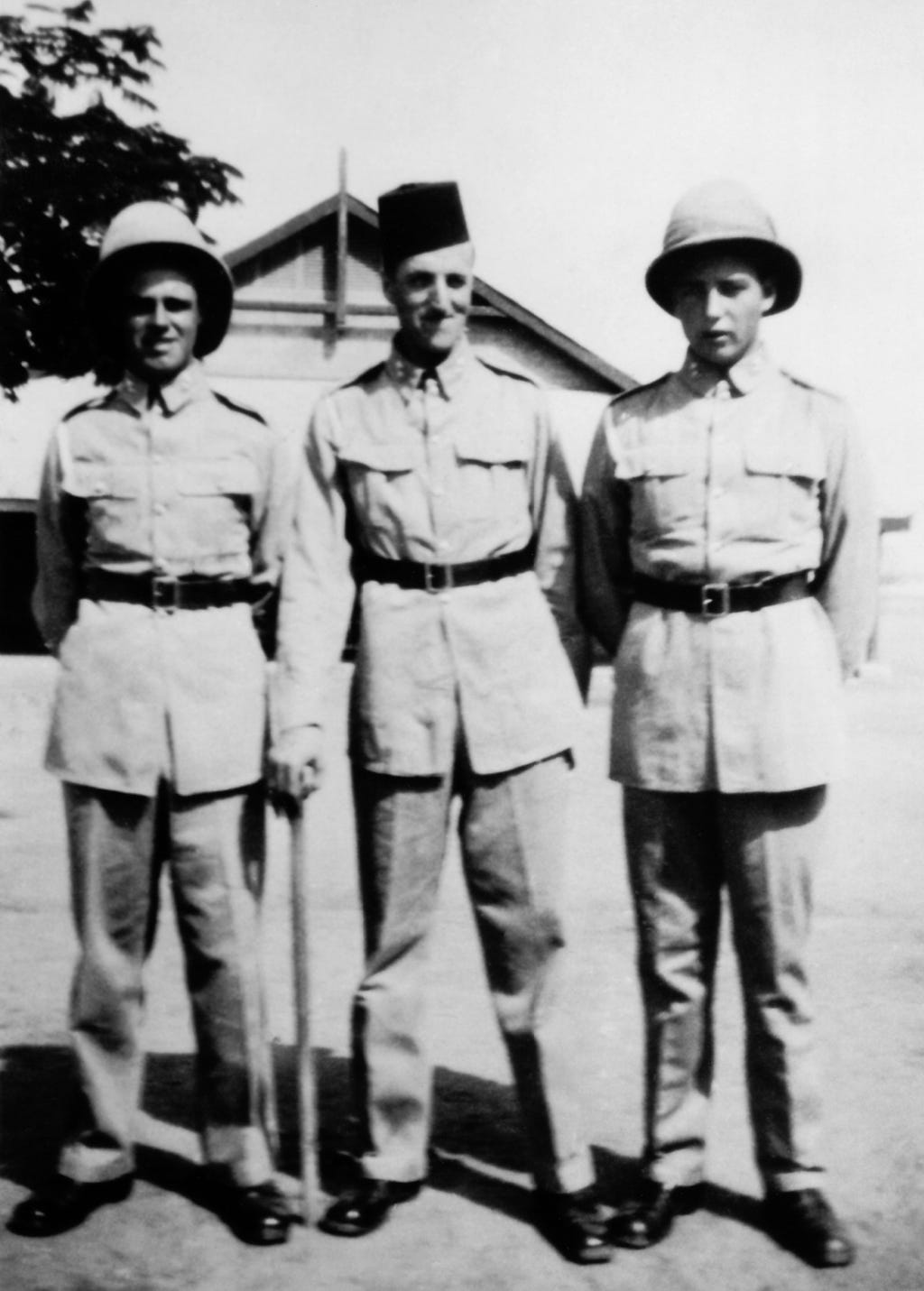
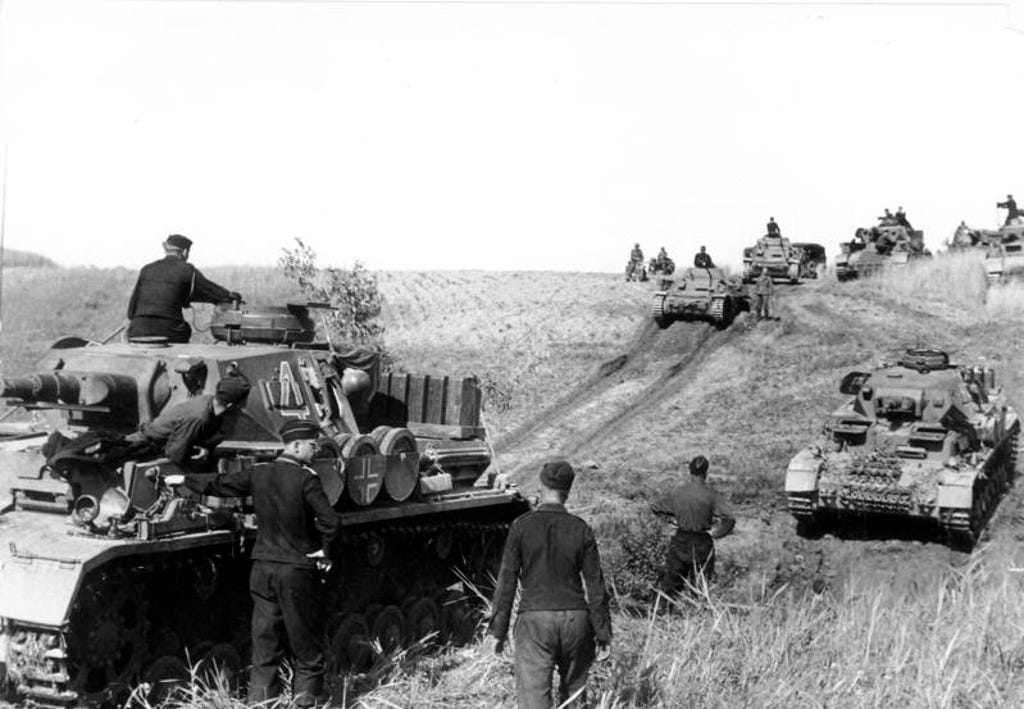
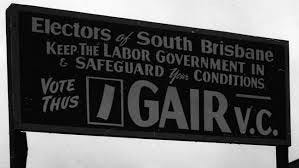
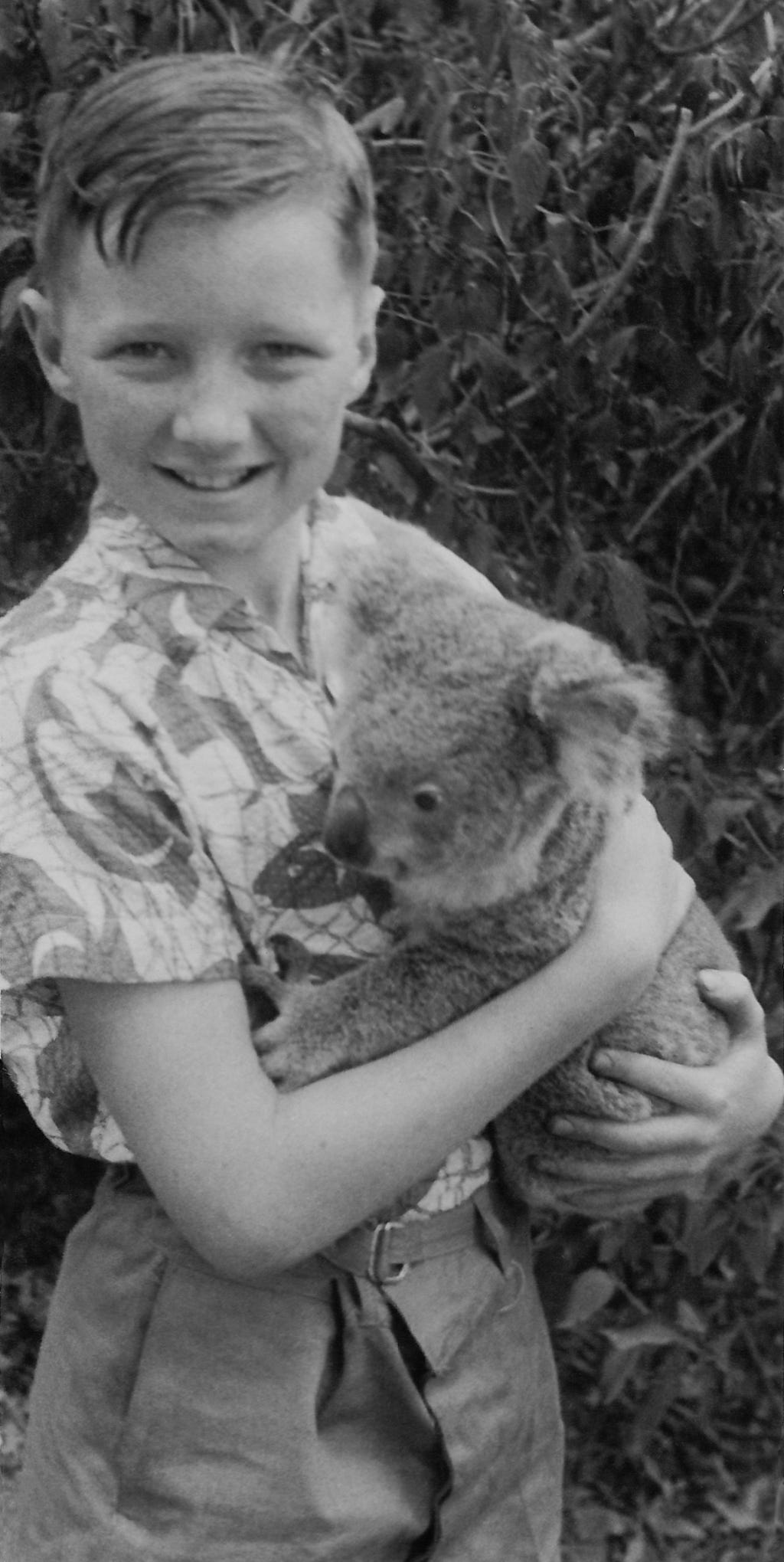
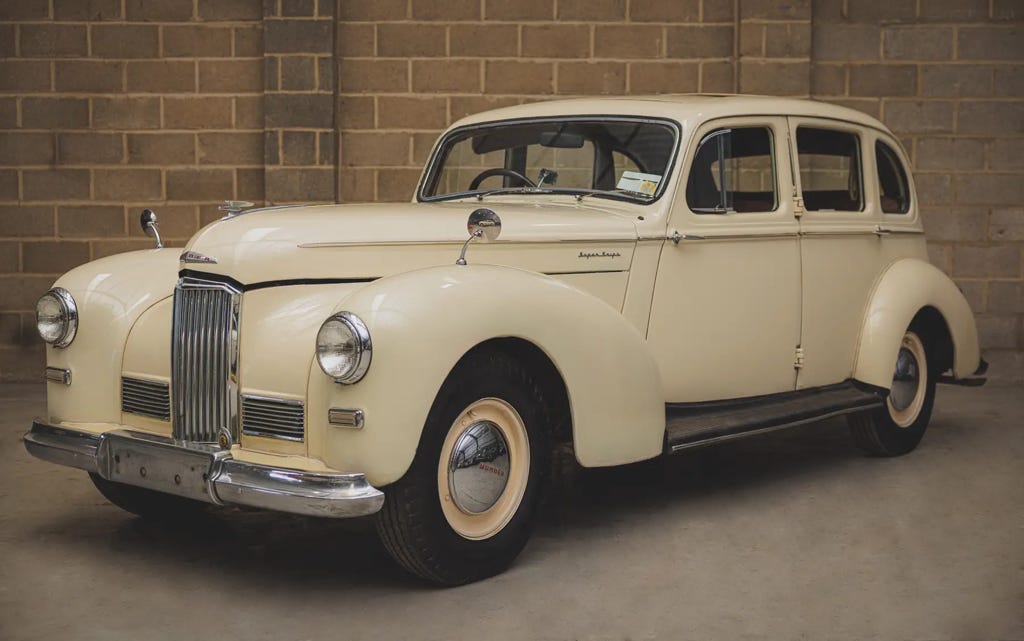
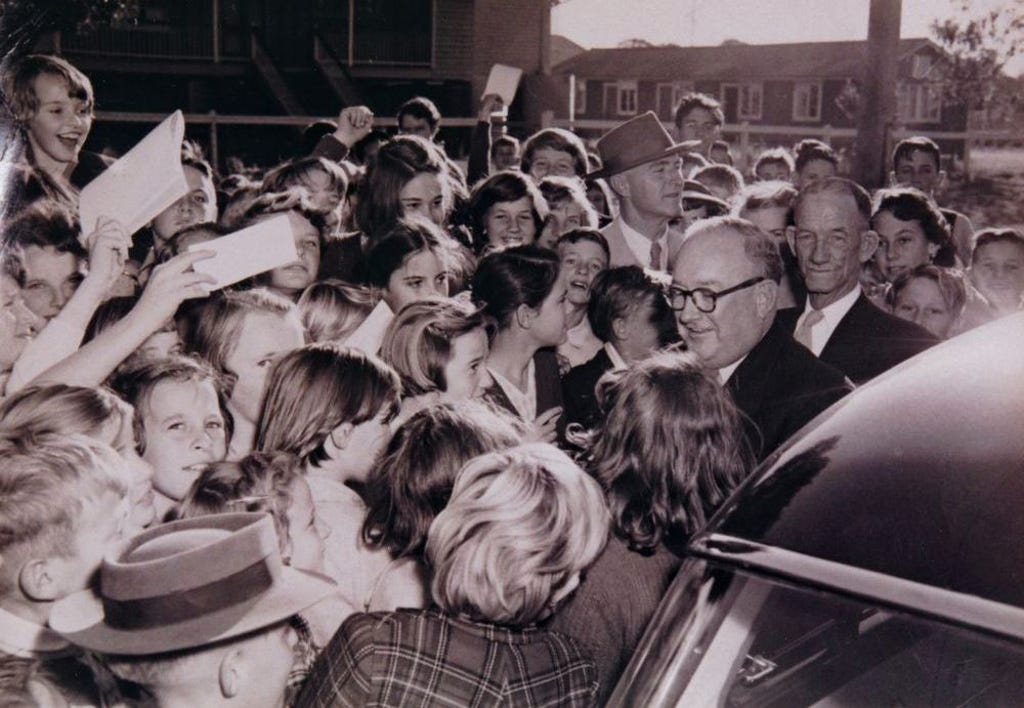
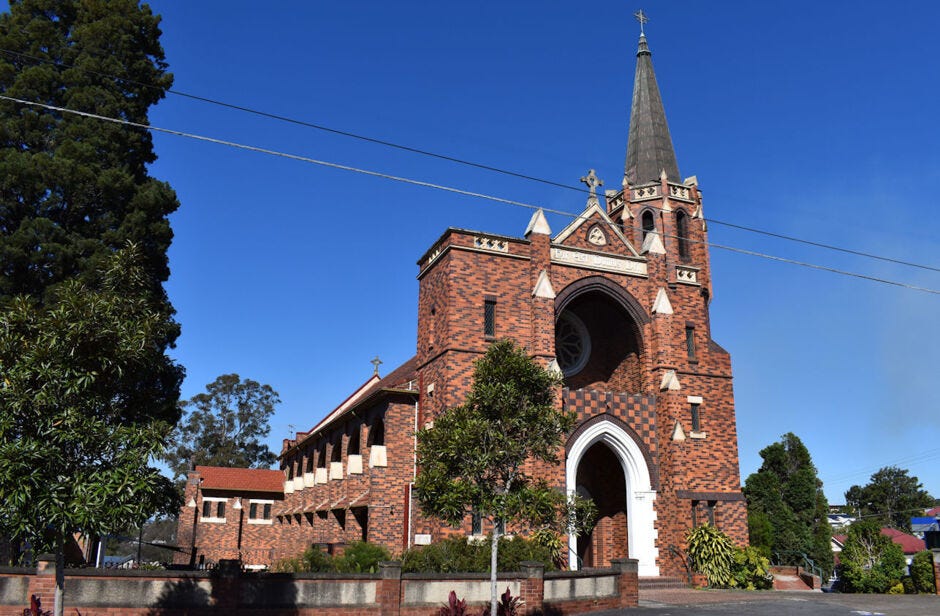
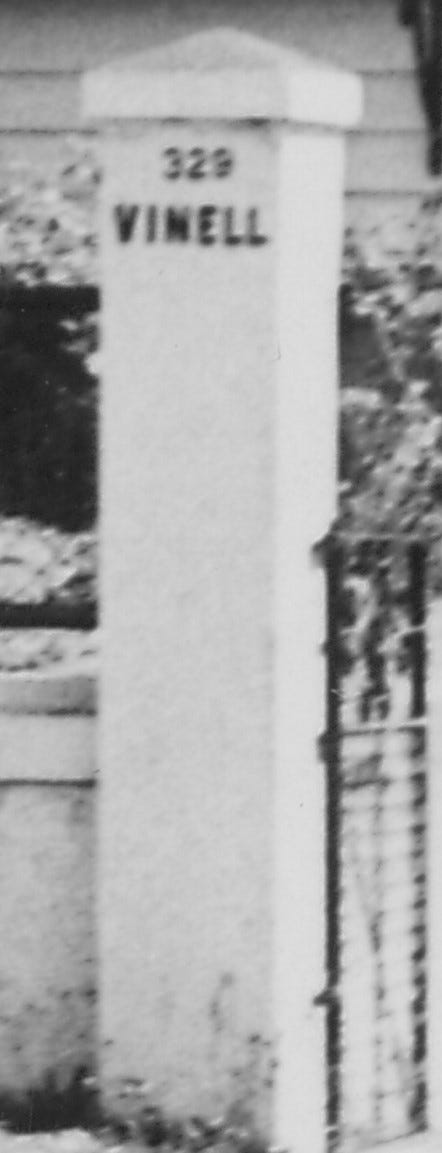
Thanks Graham, it makes me feel good that my stories can bring back wonderful memories for my readers. Yes, typing out memories does you good: as one woman reader once told me "there's an awful lot of power in writing things down".
I too remember being int he cdets and getting the cuts -- plenty that in "Over the Top with Jim"!
best
Hugh
Gday Hugh,
where are the cranky old subs to save us from our sins?!
Anglicans ARE protestants young feller.
We all PROTEST about popery. Geddit?
ooroo George Williams Perth
PS Hope you've added to Phillip Adams's columns lately about slang, vernacular, lingua franca etc
This week he's on about rhyming slang.
I like " He's butcher's in the comics."
Translated from "He's butcher's hook in the comic cuts."
or "He's crook in the guts."
...
1970 in a Holden taxi going to Mascot airport.
We stop at a crosswalk and a stunning 17-year-old blonde sashays in high heels from right to left across the road right in front of us.
Witty young reporter: "Wow. I'd rather see her naked than you in your best suit."
World-worn cab driver glides his rollie with the tip of his tongue from his right cheek across his lips to the left and mutters," Yair, and I bet she's had more pricks than a secondhand Primus."
You have to be a certain age.